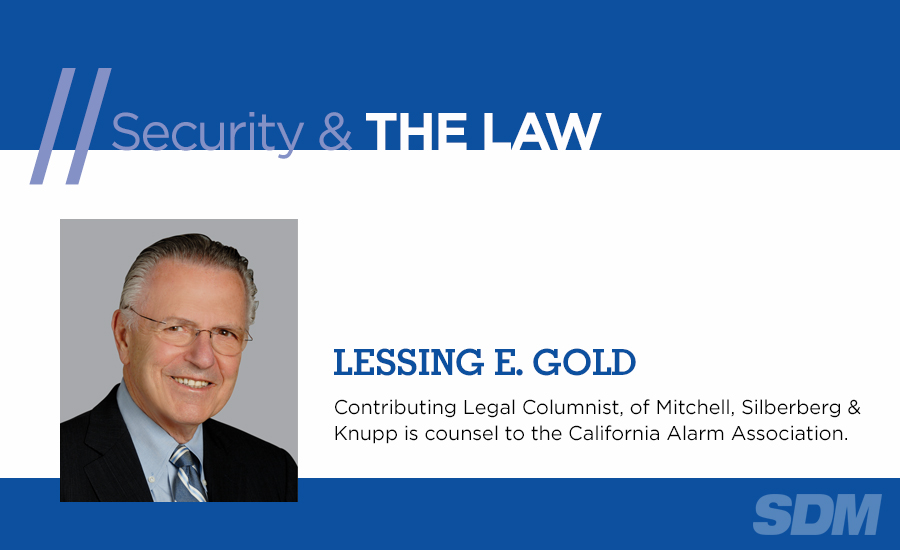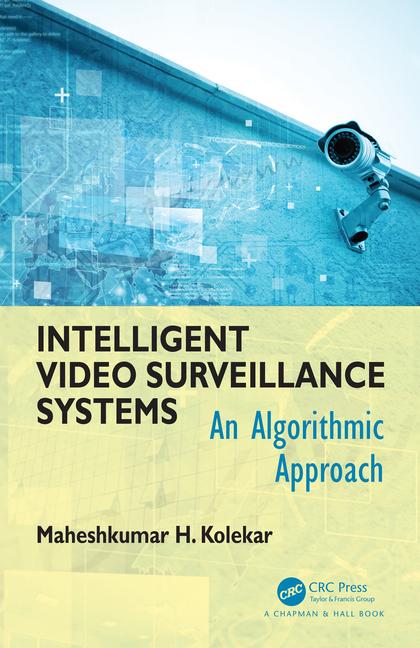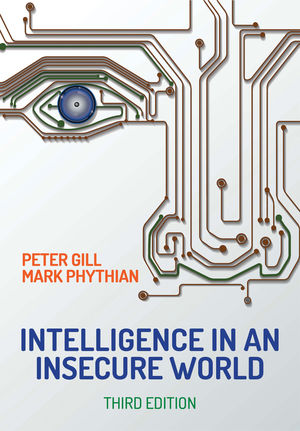The plaintiff brought an action on behalf of himself and all others similarly situated against the defendant under the Telephone Consumer Protection Act (TCPA) seeking class-wide relief. The TCPA prohibits calls to cellular telephone numbers using an automatic telephone dialing system (ATDS) and/or artificial or prerecorded voice in most circumstances without the called party’s prior express consent. The plaintiff alleged the defendant violated the TCPA by making non-emergency calls to him and members of the proposed class using ATDS without their prior express consent.
The defendant, which provides burglar and fire alarm monitoring services to businesses throughout the United States, uses an ATDS to call telephone numbers stored in its system to notify a customer when the defendant receives a signal from that customer’s alarm. The plaintiff claimed that the defendant used telephone numbers of people who had not given their express written consent to be called or who had withdrawn their consent, further claiming that the defendant has called him and other proposed class members numerous times without their prior express written consent.
The plaintiff alleged that he and the members of the proposed class were entitled to damages for each call the defendant has made to their cell phone numbers using an ATDS in violation of the TCPA. The TCPA defines an ATDS as equipment which has the capacity: (A) to store or produce telephone numbers to be called, using a random or sequential number generator; and (B) to dial such numbers.
The Supreme Court has held that the capacity to use a random or sequential number generator to either store or produce numbers is a “necessary feature” of an ATDS under the TCOA, and therefore a device is not an ATDS if it simply stores and dials numbers without using a number generator. The court determined that the most reasonable interpretation of the TCOA’s ATDS definition is that the clause “using a random or sequential number generator” modifies both verbs in the statutory definition, “store” and “produce.” The statutory context confirmed this reading, according to the court, because the broader interpretation — i.e., that the clause “using a random or sequential number generator” applied only to “produce” — would mean that the TCPA prohibits the use of equipment with the capacity to store and dial numbers, and therefore “capture virtually all modern cell phones.”
The court observed that expanding the definition of an autodialer to encompass any equipment that merely stores and dials telephone numbers would take a chainsaw to the nuanced problems of robocalling when Congress meant to use a scalpel.
The defendant also argued that even if it did use an ATDS to call the plaintiff, those calls are exempt from the TCPA’s prohibition on using an ATDS under the “emergency purposes” exception, defining emergency purposes under the TCPA to mean “calls made necessary in any situation affecting the health and safety of consumers.”
The court found that, among other things, the plaintiff had not alleged sufficient facts to support a reasonable inference that the defendant used an ATDS to place the calls at issue. It was not necessary to reach the issue as to whether these calls qualify for the “emergency purposes” exception, and the defendant’s motion to dismiss was granted and the plaintiff’s complaint was dismissed in its entirety.







